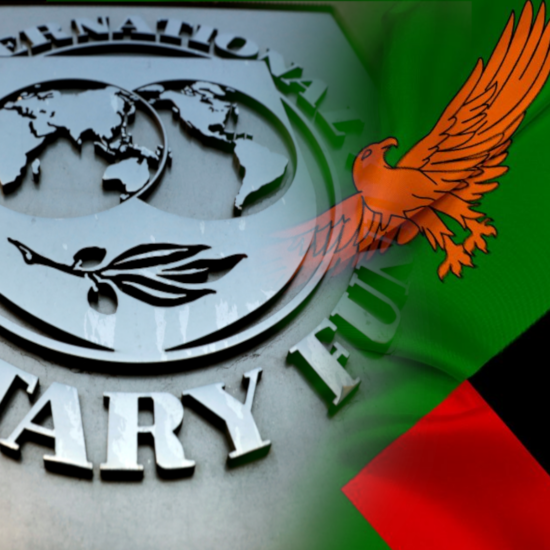
Cross border trading has effectively been paralyzed at some border points between Zambia and its neighboring countries which are still not allowing public transport to cross. Most of the local cross border traders rely on busses to conduct their trading activities.
In an exclusive interview with the Zambian Business Times – ZBT, a Trade expert whose identity has been withheld as they are not authorized to speak publicly told ZBT that the work of small scale informal cross border traders involves frequent but low cost crossing of borders to buy and sell various products, hence the need for public or shared low cost transport.
The source sited Chirundu border with Zimbabwe and Mwami border with Malawi as the two borders which have had an adverse effect on local cross border traders. These borders have remained restricted for buses to cross despite the existence of a wider regional agreement that has allowed mass movement of people with specific Covid guidelines.
The source stated that despite the fact that the initial total closing of borders severely and negatively impacted on the traders as they deal in small volumes and values, these borders remaining restricted have exacerbated the negative economic impact of the pandemic on the affected traders.
“You see, most of them do not have huge savings to provide themselves with a buffer. The continued failure to allow public transport across some of these borders is causing loss of economic livelihoods. There’s is urgent need to come to the aid of this sector which is key to promoting regional trade”, the source explained.
The trade expert told ZBT that some efforts had been put in place to try to help with the easy movements of people and goods. COMESA developed the regional guidelines for facilitating movement of persons and goods during the Covid-19 period. But when these guidelines are reviewed in detail, they did not specifically deal with the issue of small scale cross border traders.
Subsequently, at the tripartite level involving the East African Community (EAC), COMESA and Southern African Development Community (SADC), tripartite guidelines on trade and transport facilitation for the movement of persons, goods and services across the tripartite region during the Covid-19 pandemic were developed to harmonize those that were separately developed by the three Regional Economic Communities (RECs).
Under the guidelines, it is provided for resumption of inter-State mass movement of persons by buses/minibuses and other vehicles. The provisions of the regional guidelines are clear took into account the plight of local traders.
But the implementations is subject to national laws and regulations. The success is largely constrained by measures taken at the national level such as continued restrictions on travel and prevention of busses from crossing these borders.
The source further added that the requirement for COVID-19 certificates for travelers and the high cost for such certification makes life even harder for the small scale and local cross border traders whose capital base is small.
The development of local cross border traders is key to unlocking the economic value and driving up intra-Africa trade. One of the biggest challenges which African countries face to grow their local economies has been partly due to failure to support and grow local trade which would result in profits and value being returned between the trading countries.







